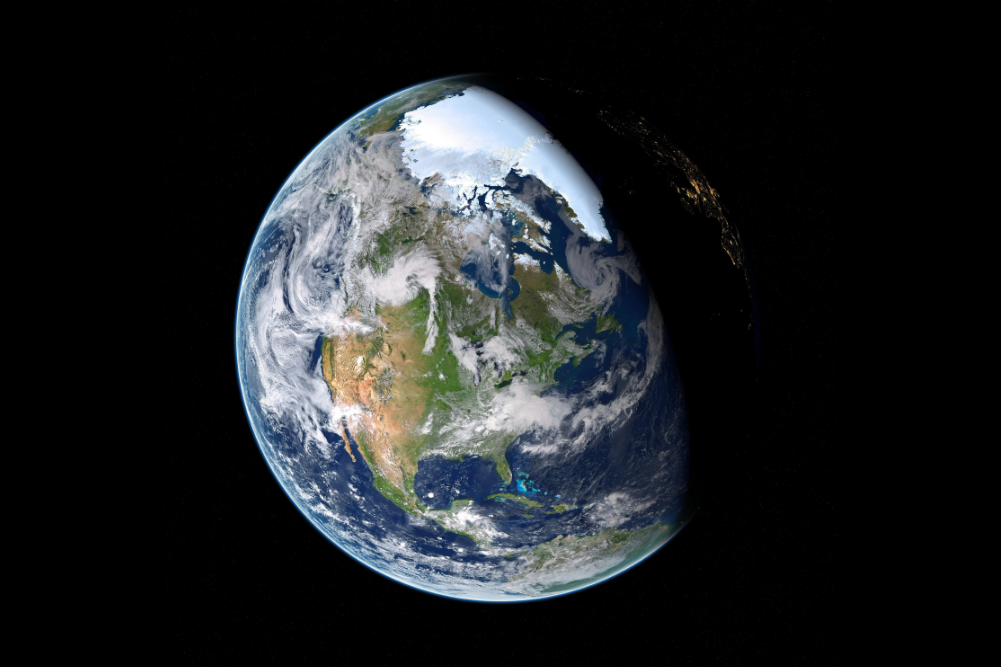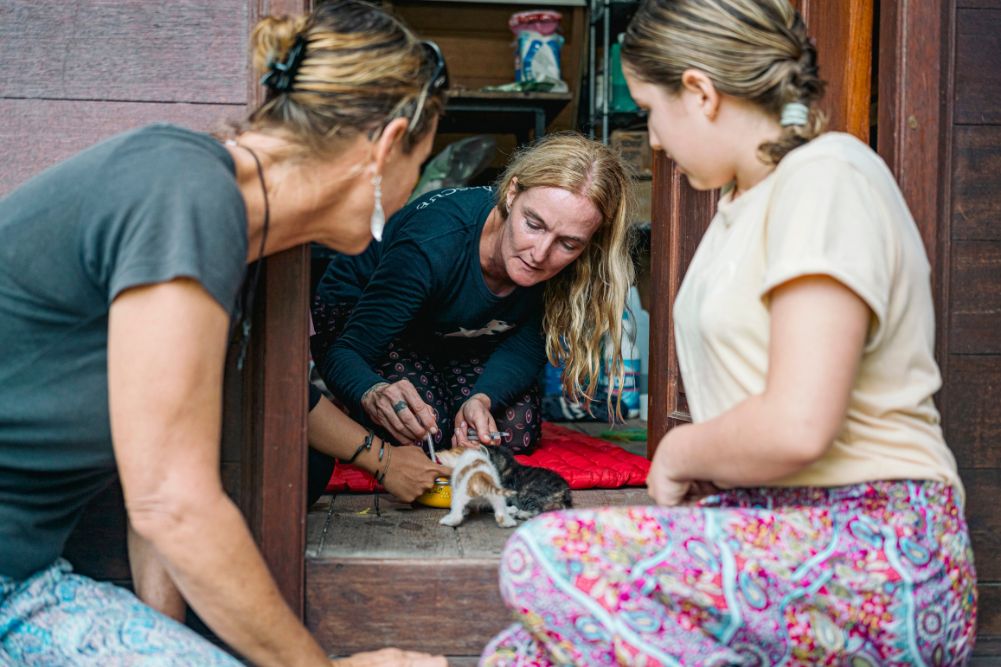Clownfish disappearing, insects on the slide and other environmental news
Insects on the slide
A new study in Germany has shown that insects are disappearing even more rapidly than was previously thought. For their study, researchers collected more than one million insects at 300 sites, in 2008 and then again in 2018. The resulting figures were quite alarming. They found that in forested areas there was a 40 per cent reduction in insect overall biomass. The results in grassland were even more dramatic, with the insect biomass decreasing by 67 per cent. The biggest losses in insect numbers were in grasslands surrounded by intensively farmed land, and the most impacted species were those insects that could not travel far. Although forests are doing better than grassland the overall figures are concerning, given the vital role of insect species in the ecosystem. The researchers conclude that the results indicate the need for co-ordinated large-scale initiatives as opposed to stand-alone projects.
Source: Nature
Ice management
It might sound like science fiction, but a new report has shown that wind pumps in the Arctic might help combat climate change. The suggestion is that 10 million wind-powered pumps distributed throughout the Arctic would continually pump seawater onto the surface of the ice where it would freeze. This would make the ice thicker and allow it to survive during the summer melt for longer. Additionally, the longer-lasting ice will have more time to reflect sunlight, where a dark ocean would soak up the warmth of the sun. Simulations performed by the researchers showed that this could delay the total loss of summertime sea ice back from the middle of the 21st century to the end of the century. It would reduce warming of the Arctic by 1 degree Celsius, but this reduced warming would unfortunately not flow through to lower latitudes. It is a delaying measure at best, but this sort of geoengineering is required to combat the climate crisis.
Source: Earth’s Future
Flushed with success
Millions of people around the world experience water scarcity. Droughts are becoming increasingly common. Yet every day 141 billion litres of water are used around the world just to flush toilets. Reducing that by 50 per cent would be an enormous boost to future planning and researchers may have found a way. They have developed a polymer lining that can be sprayed onto porcelain toilet bowls which makes the surface so smooth that virtually nothing can stick to it. The material is also bacteria-repellent, and laboratory testing shows that it is so effective that the amount of water used to flush a toilet (typically six litres) could be reduced to around three litres. The lining will stay effective for 500 flushes, at which time you simply reapply a spray coating which takes five minutes to dry. It could be a humble solution for a very big problem.
Source: Nature Sustainability
No more Nemo
Clownfish became incredibly popular thanks to the Pixar Studios film Finding Nemo, but although Nemo overcame incredible odds in his journey, it seems the climate change odds might be more than the clownfish can bear. Researchers monitored clownfish populations in Kimbe Bay, Papua New Guinea, over a period of 10 years. They found that clownfish rely heavily on a favourable environment and are not readily able to adapt to change. Clownfish depend heavily on the quality of the anemones that they call home. If the anemones remain healthy then clownfish populations will persist, but if the anemones and coral reefs decline due to climate change, then the clownfish won’t be able to adapt. At the moment the typical clownfish habitat is degrading every year, and if that process is not halted the clownfish will struggle to survive. It seems Nemo is facing his biggest challenge yet.
Source: Ecology Letters








